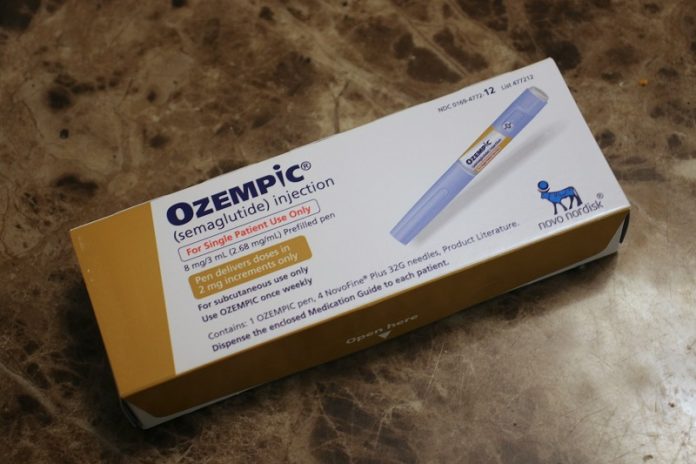
Drugs like Ozempic and Mounjaro are becoming increasingly popular for treating obesity and type 2 diabetes.
These medications belong to a group called GLP-1 agonists, which work by mimicking hormones that are naturally released after eating.
They help control blood sugar and make people feel full, leading to significant weight loss for many users.
In Australia, the demand for these medications is so high that shortages are occurring.
Recently, the diabetes drug tirzepatide (sold as Mounjaro) was approved for treating obesity, adding to the hype.
But while these drugs were not made to treat eating disorders, many people with binge eating disorder (BED) are interested in them—especially after hearing stories on social media about how the medications seem to quiet “food noise,” or obsessive thoughts about eating.
BED is the most common eating disorder in Australia. People with BED often eat large amounts of food quickly and feel unable to stop, even when they are full or in pain. These episodes are usually followed by guilt and shame, making recovery harder. BED is also linked to obesity, diabetes, and heart disease.
Researchers believe that BED may be linked to brain circuits involved in habits and addiction. This has led to a new theory: if GLP-1 drugs reduce food-related thoughts and cravings, they might help break the binge-eating cycle.
While this sounds promising, there’s currently not enough scientific evidence to support it. These drugs are not officially approved for treating BED, and no large studies have proven that they are safe and effective for this use.
Some people have noticed that they lose touch with their natural hunger cues while taking GLP-1 drugs, which could be risky for those recovering from an eating disorder. Others may develop unhealthy fixations on weight or body image as they lose weight. And for those who stop taking the medication, weight often returns, but it’s unknown how this affects their mental health or binge eating behavior afterward.
There’s also the issue of cost. A month’s supply of tirzepatide can cost over AU$700 with a private prescription. For people living with financial stress—already a known risk factor for BED—long-term treatment may be out of reach.
To explore how these drugs affect the brain, a research team at the University of Melbourne is running a new study. Adults with BED will get brain scans before and after six months on a GLP-1 medication. During the study, participants will also receive regular support from a psychologist to help them manage any emotional challenges and prepare for the end of the trial.
Although these drugs may one day help people with BED, we still need more research. Until then, it’s important not to see GLP-1 medications as a quick fix or a replacement for therapy.
Understanding how they work in the brain could lead to better treatments—but science needs to catch up before the hype gets out of hand.



